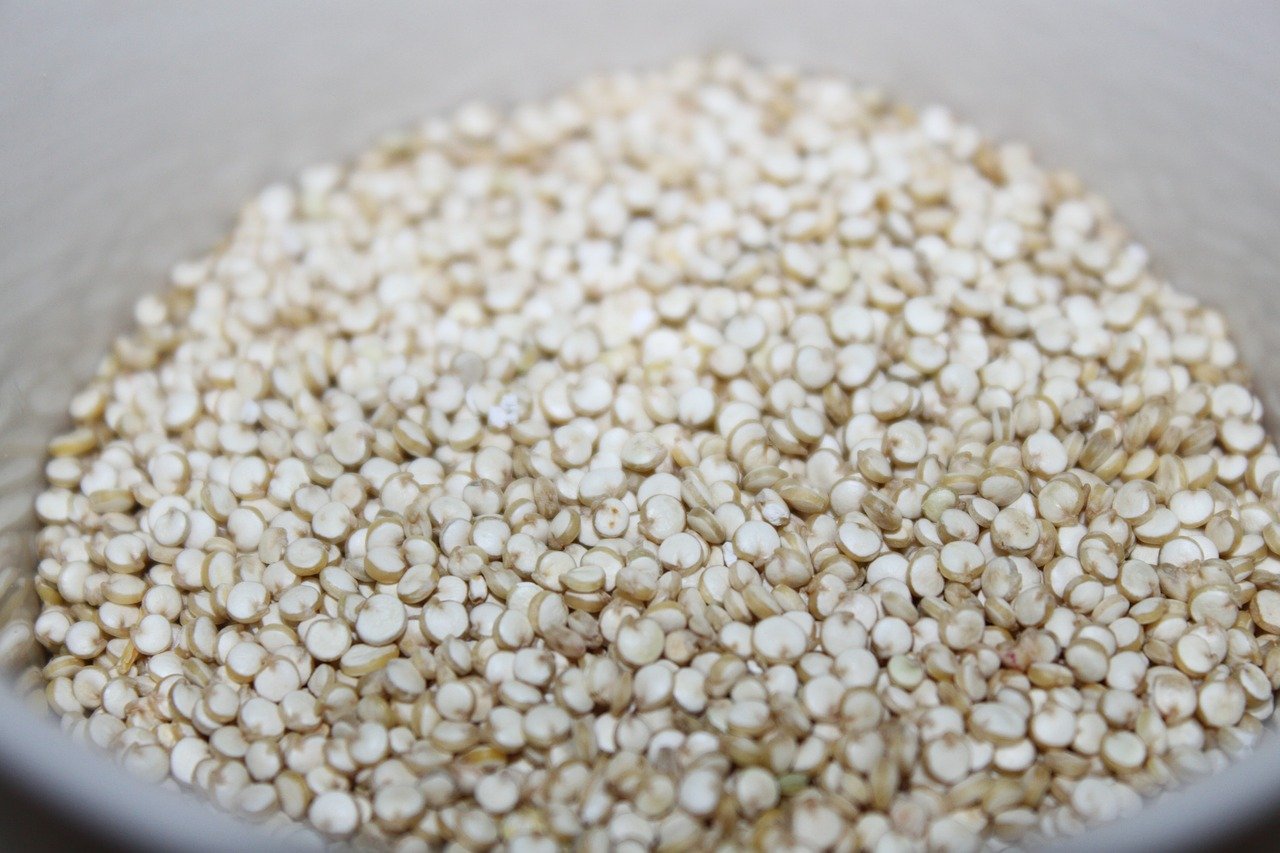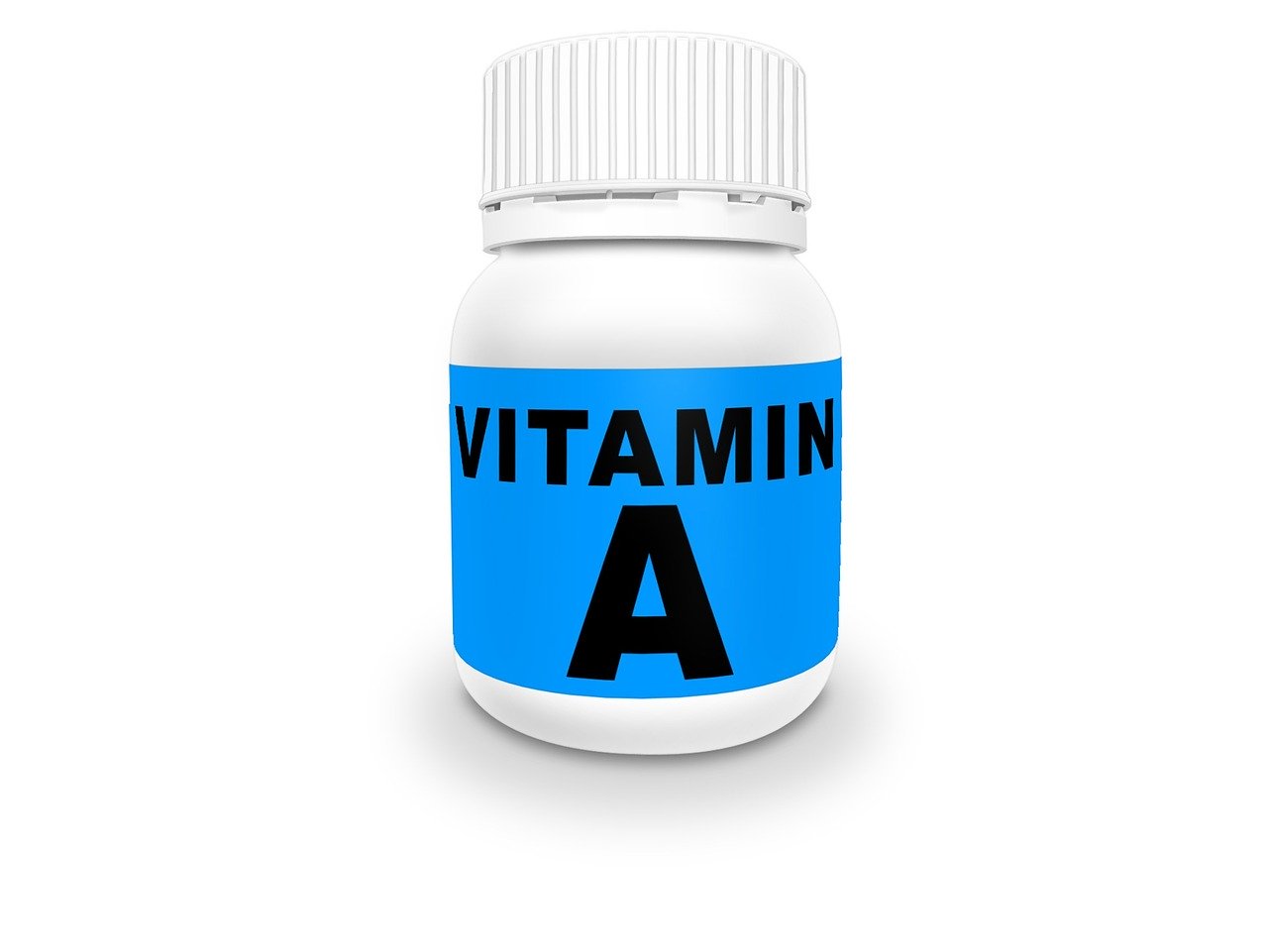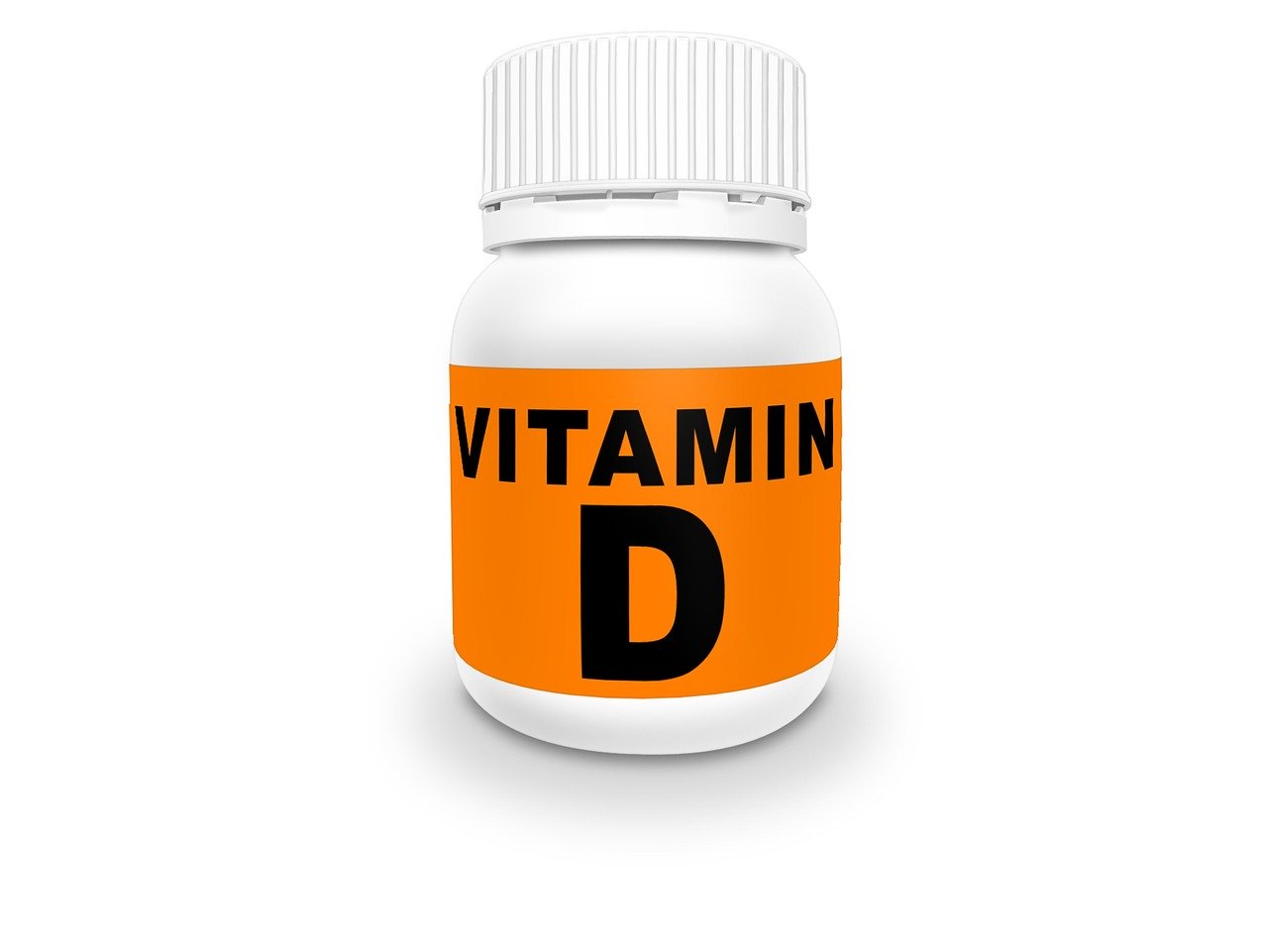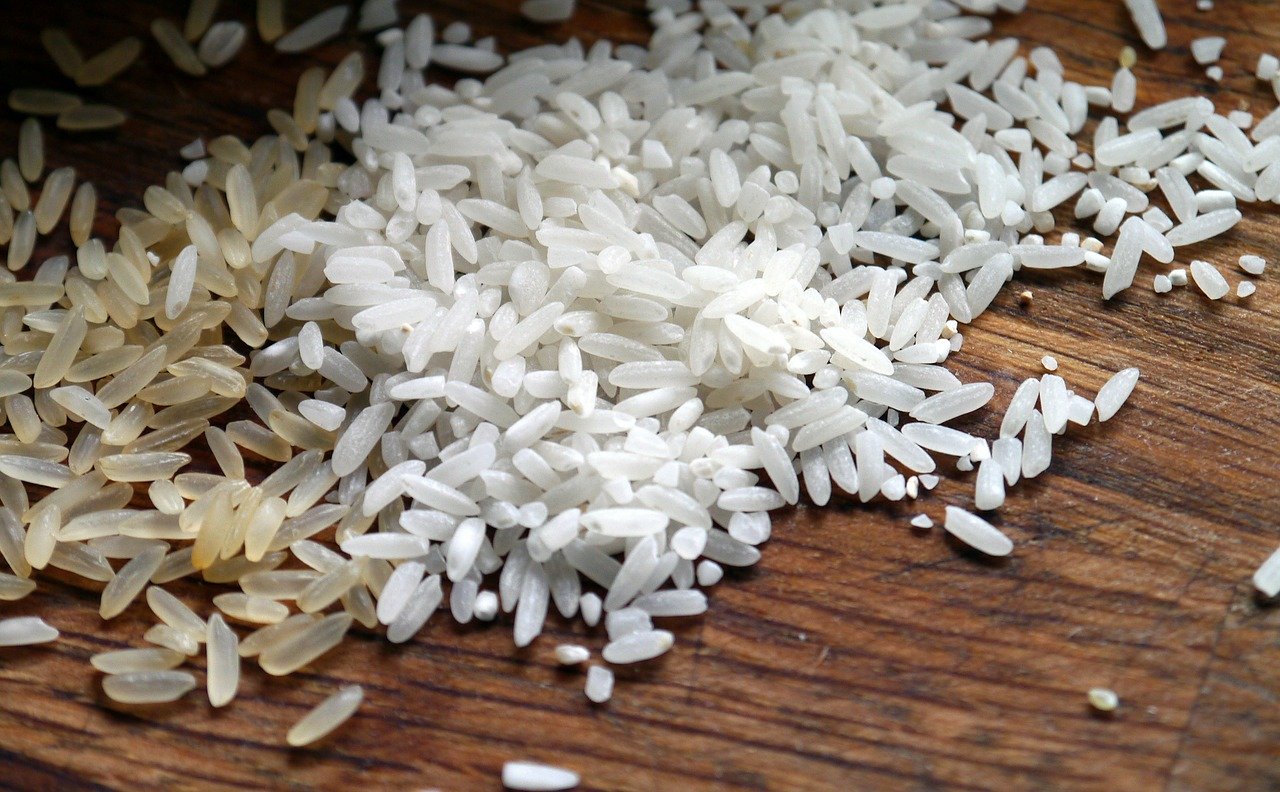In July 2019 researchers from Iran published their review of the medical scientific literature to assess the effect of omega-3 and vitamin E supplementation taken together on total cholesterol, triglycerides, … Read more
Families with young children should be encouraged to increase water intake whilst reducing the intake of sugar-sweetened beverages and limiting 100% fruit juices to the recommended 4-6oz per day
In January 2019 researchers from the USA published the results of their study to assess the association between beverage intake and body weight in preschool-age children. Information on beverage intake … Read more
Oily fish intake appears to improve serum triacylglycerol levels in boys and HDL(good)- cholesterol levels in both boys and girls
In December 2019 researchers from Denmark and Canada published the results of their study to assess the effect of oily fish consumption on triacylglycerol and diastolic blood pressure levels and … Read more
A mindfulness eating programme may be beneficial in addressing unhealthy eating habits in individuals with serious mental illness
In February 2019 researchers from the USA published the results of their study to assess the effect of a mindfulness eating programme in individuals with serious mental illness. The researchers … Read more
Exposure to organophosphate pesticides during pregnancy appears to contribute to child neurodevelopment disorders
In June 2019 researchers from Thailand published their review of the medical scientific literature to assess the effects of prenatal and postnatal exposure to organophosphate pesticides in children. The researchers … Read more
Who needs calcium and/or vitamin D supplementation for the prevention of fragility fractures?
In April 2020 researchers from New Zealand published their review on calcium and/or vitamin D supplementation for the prevention of fragility fractures. The researchers stated that as vitamin D and … Read more
Low fish consumption and low sun exposure appear to be separate risk factors for multiple sclerosis
In April 2020 researchers from Sweden published the results of their study to assess the effect of fish consumption on the risk of multiple sclerosis and also to what extent … Read more
Fish eaters and vegetarians/vegans appear to have a lower incidence of ischaemic heart disease than meat eaters, although vegetarians/vegans appear to have a higher incidence of stroke
In September 2019 researchers from the UK published the results of their study to assess the effect of vegetarianism on the risk of ischaemic heart disease and stroke. A total … Read more
An 8-week intake of dark chocolate flavanols does not appear to have any effect on cognition in healthy older adults
In March 2020 researchers from Finland published the results of their study to assess the effect of dark chocolate flavanols on cognition, blood lipid levels, and glucose metabolism in older … Read more
A gluten-free cake, where 50% of rice flour and potato starch was substituted with quinoa flour, had the highest scores for both taste and overall acceptability
In February 2019 researchers from Turkey published their study to assess the effect of substituting rice flour and potato starch with different amounts of quinoa flour when making gluten free … Read more
Short-term oral vitamin A supplementation may improve the quality, but not the quantity, of tears in individuals with dry eye
In April 2019 researchers from Saudi Arabia published their study to assess the effects of short-term oral vitamin A supplementation on the ocular tear film in individuals with dry eye. … Read more
Amongst soy-based foods, tempeh has the highest content of the toxic metal cadmium
In January 2020 researchers from the Czech Republic published the results of their study to assess the weekly dietary intake of cadmium from soybeans (or soya beans). A total of … Read more
Maternal exposure to ambient air pollution is associated with pregnancy complications especially during the first trimester
In April 2020 researchers from China published their review of the medical scientific literature to assess the association between trimester-specific maternal exposure to air pollutants and complications of pregnancy. A … Read more
Researchers recommend that individuals at risk of influenza and/or COVID-19 consider taking 10,000 IU/d of vitamin D3 for a few weeks to rapidly raise their vitamin D levels, followed by 5000 IU/d in order to raise their vitamin D levels above 40-60 ng/mL (100-150 nmol/L) in order to reduce the risk of infection
In April 2020 researchers from the USA published their review on the role of vitamin D in reducing the risk of respiratory tract infection, epidemiology of influenza and COVID-19, and … Read more
Dead Sea climatotherapy appears to have an immediate effect on psoriatic skin lesions and also improves quality of life, but long-term control of the psoriasis has not been observed
In March 2020 researchers from Denmark published the results of their study to assess the effectiveness of Dead Sea climatotherapy on psoriasis. (Climatotherapy involves a combination of sunbathing and swimming … Read more
The preparation and cooking methods applied for rice appear to effectively reduce the risks associated with toxic metals to an acceptable level, except for arsenic which was still at a level to be considered a carcinogenic risk
In July 2019 researchers from Iran published the results of their study to assess the effect of different pre-cooking and cooking methods on the concentration of toxic (arsenic, cadmium and … Read more
If an individual wishes to include coconut oil in the diet, then it should be limited and should not exceed 10% of total calorie, which is in line with the current recommendations for saturated fatty acid intake
In September 2019 researchers from Brazil, USA and Portugal published their review on the effects of coconut oil intake on the cardiometabolic profile. The researchers stated that in recent years, … Read more
Dairy product consumption appears to be associated with a better metabolic profile
In January 2019 researchers from Spain published the results of their study to assess the association between dairy product consumption and the incidence of metabolic diseases like diabetes, obesity and … Read more
A caffeine supplement does not improve the 800-m running performance of trained runners but does appear to impair sleep quality
In September 2019 researchers from Spain published the results of their study to assess the effect of caffeine intake on 800-m running performance, sleep quality and nocturnal cardiac autonomic activity … Read more
Dark chocolate consumption appears to have beneficial effects on human health by enhancing cognitive function
In November 2019 researchers from Japan published the results of their study to assess the effect of dark chocolate on cognitive function and neurotrophins. Neurotrophins are small proteins that secrete … Read more




















